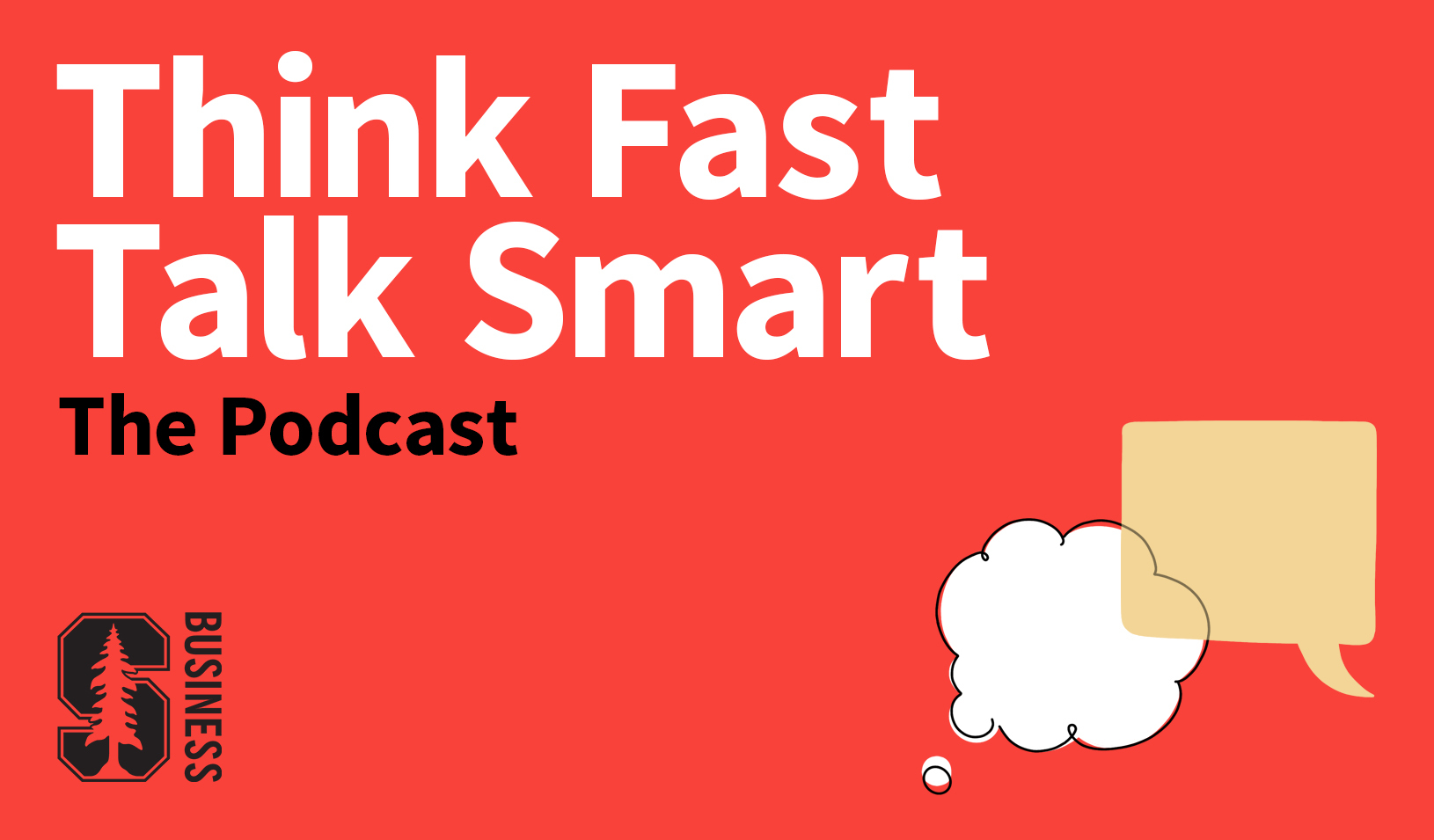Margaret Neale: Why You Should Make the First Move in a Negotiation
The scholar says acting first gives you more power.
September 01, 2007
When it comes to negotiation strategies, it is not always wise to wait for the other side to make the first offer, to suppress emotions during bargaining, or to reveal too much too early, Stanford Graduate School of Business Professor Margaret Neale told leaders of nonprofit groups.
“Most of us think we should let the other side make the first offer,” Neale, the John G. McCoy-Banc One Corporation Professor of Organizations and Dispute Resolution, told participants at the September 27 Nonprofit Management Institute. “You should make the first offer because of the power of anchoring.”
In making the first offer, Neale said, you gain an advantage by defining the starting point to which the other side must respond. The only times when it makes sense to wait for the other side to make an offer, she added, is when you have information that gives you significant advantage in the bargaining or “when you honestly believe that the other side dramatically values the object of the exchange at a much higher rate than you do.”
How “extreme” should a first offer be? “Just this side of crazy,” Neale said, explaining how you must be as aggressive as possible without crossing a line that would prompt the other side to shut down negotiations and walk away.
And if you can’t risk an impasse or “the benefit you might receive is not worth the time it takes to negotiate,” a first offer should be on the low side, she added. This is also true if you want to start an auction with lower barriers to entry.
Negotiations are “a mixed-motive interaction” in which a party must manage both “the competitive and the cooperative components of interaction,” she said, adding negotiations should not be viewed as a zero-sum game.
Nor is transparency necessarily the best policy in negotiations, Neale said. You must never reveal your bottom line, for it increases the likelihood of an impasse, she added. Neale was speaking at the Institute that drew nonprofit leaders to the Stanford campus for a two-day session cosponsored by the Stanford Social Innovation Review and the Association of Fundraising Professionals.
She also disputed the belief that a poker face is a key to success in negotiations, and that the rational negotiator is always the unemotional negotiator. “People don’t usually think we use emotions strategically,” she said, adding emotions can be powerful pieces of information. She cited a study that showed that, in some cases, negotiators who displayed anger during the process created more value than those who were unemotional.
Neale said negotiators must also always be aware of their greatest weapon: The ability to walk away. “If you are facing a bad deal,” she said, “you have a choice.”
For media inquiries, visit the Newsroom.
Explore More

Speak Your Truth: Why Authenticity Leads to Better Communication

When Words Aren’t Enough: How to Excel at Nonverbal Communication



